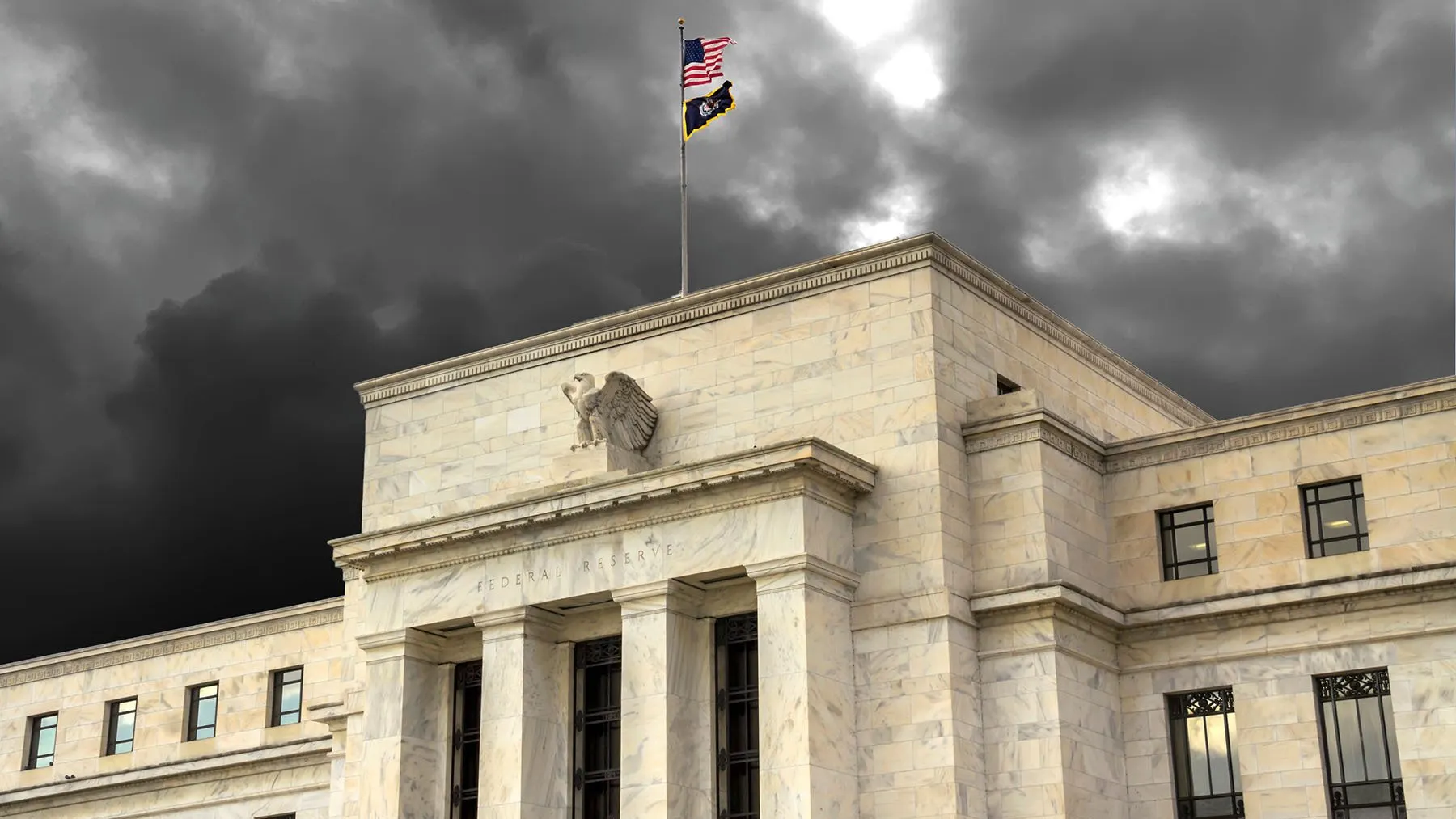As the price of Bitcoin hits new highs, the bullish numbers aren't good for everyone—and could be a sign of a bubble that frightens the Fed.
That’s according to JPMorgan Chase & Co.’s chief market strategist Marko Kolanovic, who reportedly said in a research note that the surge of the biggest digital asset and related may stop the Federal Reserve from loosening monetary policy as soon as expected.
Kolanovic cited Bitcoin’s jump above $60,000, saying it “may keep monetary policy higher for longer, as premature rate cutting risks further inflating asset prices or causing another leg up in inflation.”
The multinational bank’s strategist continued to argue that the rally in tech stocks and Bitcoin is a sign of “froth” in the market and could lead to a rebound in prices.
Market froth was also on the mind of Patrick Felder, Prismatic Capital founder and CIO.
“I’m sure fed officials look at Bitcoin price action, but it’s just one of hundreds of things they look at,” Felder told Decrypt. Bitcoin price alone has no impact on fed policy, but it is an interesting data point to gauge market liquidity and froth.”
“Personally I think they still cut this year since it’s election year, but then probably hold it higher than anticipated in 2025,” he continued.
Bitcoin on Tuesday briefly hit a new all-time high on Coinbase, America’s biggest cryptocurrency exchange.
It then quickly fell but is still trading at $67,376, according to CoinGecko. That’s a jump of 57% since the start of the year. The last time Bitcoin had hit $69,000 per coin was back in November 2021.
In 2022, the Fed started aggressively raising rates in a bid to try and control 40-year high inflation. Stocks and crypto—both “risk assets”—were negatively affected as investors retreated to the dollar.
But a boom in appetite for tech has done the equities markets good, and crypto has surged as well. It’s also expected that the Fed will loosen its monetary policy and finally drop interest rates, which could do the crypto market good, analysts told Decrypt.
This, along with the massively successful Bitcoin exchange-traded funds (ETFs), has pushed the price of the digital asset market up higher. And the every-four-year Bitcoin halving is a month away—a milestone that has typically preceded a new all-time high price.
Edited by Ryan Ozawa.

